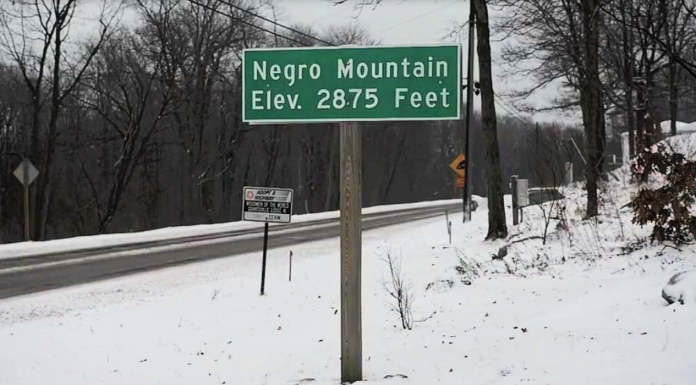Democrats in Congress have introduced a measure to rename hundreds of locations whose names are considered racist.
Fake Indian Pocahontas Elizabeth Warren targets racist place names https://t.co/VnCAPS6Ya5
— MikeKirby (@mikekirbyone) July 18, 2021
Up to 1,000 places are under consideration under a bill co-sponsored by 25 members of the House of Representatives, according to Business Insider.
“We need to immediately stop honoring the ugly legacy of racism and bigotry, and that’s why I’m introducing the Reconciliation in Place Names Act with my colleagues,” said Sen. Elizabeth Warren, D-Mass., who will sponsor a version of the bill in the Senate.
Place names that contain the word “negro”, “Chinaman” and “greaser”—an anti-Latino epithet—are all up for consideration for a name change said Axios.
Critics of the bill worry about the transparency of the process of renaming, with citizens only provided a link to make suggestions. The renaming would be overseen by a specially appointed board of civil rights experts and tribal authorities.
In May, the Texas legislature unanimously urged the Interior Department to change 16 place names in the Lone Star state deemed offensive, a process that the Texas legislature had already approved in 1991, but until now has been blocked by federal authorities.
Under the impetus of the new unanimous demand from Texas, federal authorities made the name changes last week.
Currently, 621 place names under federal authority have the word negro in them. Although the word is the Spanish term for black, its use in English has long been considered pejorative.
Yet, even among those locations in which the name does invoke a term now considered offensive, some historians say that the effort to whitewash local history does more harm than good.
“There would be no decent substitute” said Ronald Saunders, president of a Pittsburgh-area black historical group that opposed an effort last year to rename Negro Mountain, in Pennsylvania’s Allegheny Mountain range.
Saunders’ group cares for the area around the ridge, noting that its name is derived from the story of a freed slave who fended the region from America’s enemies during the French and Indian War.
“It’s a very important part of African–American history,” he said, according to US News.
While the public pressure on the U.S. Board on Geographic Names has grown considerably over the years, the board has been slow to act and make changes.
The board has said that once place names are changed, they must never be renamed again because of the difficulty of changing maps, documents, signs and websites, according to the Associated Press.
While the ultimate responsibility for renaming places remains with the board, the board may take outside advice from states, which are often called upon to make suggestions.
Headline USA’s Ben Sellers contributed to this report.

